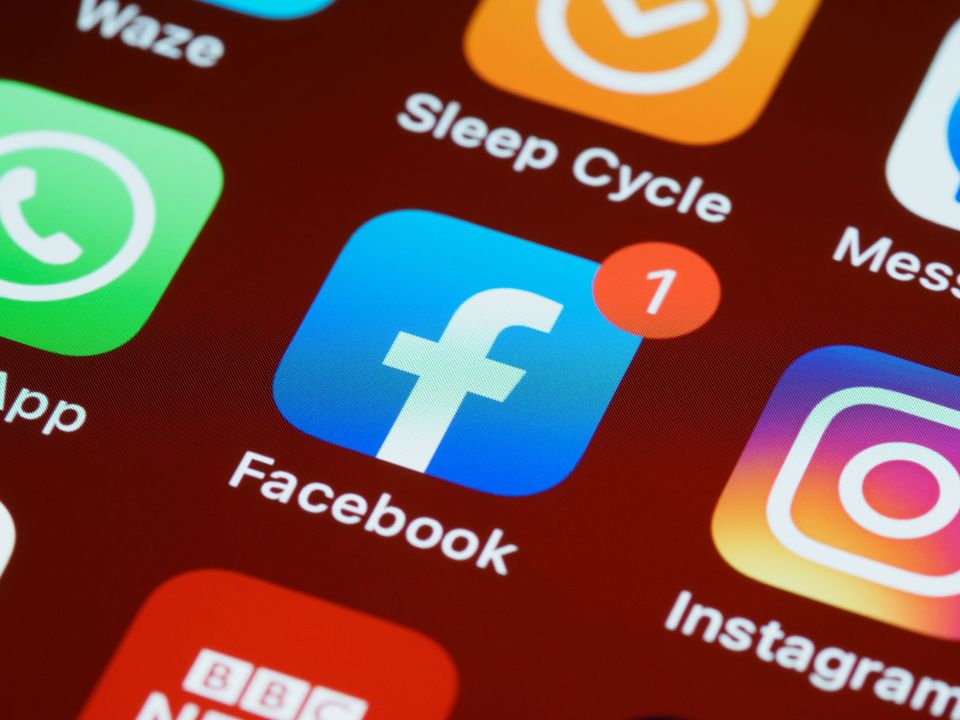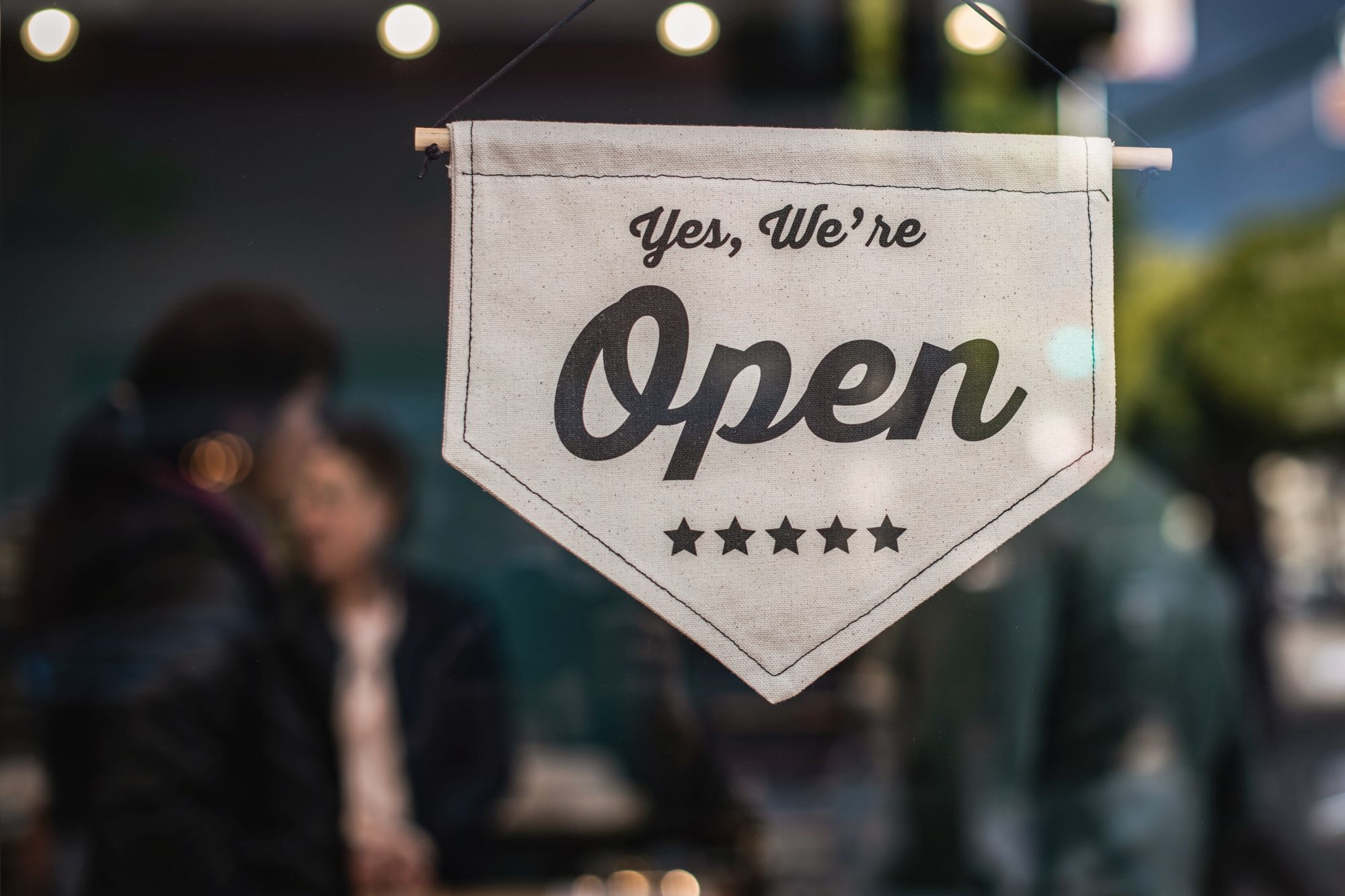Could Facebook Be Broken Up?

Right now, Facebook is the most controversial company in the world. It’s one of 5 megacap tech holding companies which define modern American capital, and—honestly—modern global capital. More than any of the other four—Amazon, Apple, Google, and Microsoft—it is universally hated on both sides of the Congressional aisle. It has faced down multiple lawsuits alleging monopolistic behavior and acquisitions, including an active one which is grabbing headlines. To top it all off, a recent whistleblower appeared on 60 minutes, claiming the company is doing less than it advertises to remedy its issues. So, why hasn’t it been broken up or severely regulated? Let’s explore the four major topics of controversy surrounding Facebook to answer this question.
Personal Information
A few years ago, the discussion around Facebook centered on its collection of personal information for advertising. At the time, for many people, the automated collection of data online was a novel and scary concept. The controversy peaked in 2018, when it was revealed that this data was sold to Cambridge Analytica to target vulnerable users for conservative political ads. This began some of Facebook’s darkest days, spurring fears that a breakup or serious regulation was imminent. Facebook was ultimately fined $5 billion in the US and £500,000 in the UK, and their problems faded to the background afterwards. During the scandal, the EU passed the now well-known GDPR rules. Although GDPR has near global power because of the international nature of the Internet, its real impact has been mostly limited to requiring stricter consent for cookies.
Regardless, this has seemingly been enough to put the issue behind Facebook, as personal information online is not a hot topic at the moment. The battle has been taken out of the public realm and into the private one: Apple has gradually given users more control over their data, weakening Facebook’s advertising power on their platform. While this is a concern for Facebook, the fact that Apple is the one laying down the law only highlights the government’s unwillingness to regulate. Legally, Facebook has weathered this concern, and it stands as an example of the worst-case scenario for the next issues we’ll discuss.
Free Speech vs Misinformation
The free speech issue has been a core part of the Facebook discussion for years. Traditionally, American conservatives have argued that Facebook isn't free enough, while liberals have argued that more limits on certain content are needed—namely hate speech, threats of violence, and misinformation. This argument created a stalemate which helped to prevent real action against Facebook. However, this year, with the Democrats in power, and with the globally-televised boiling-over of conspiracy-theory belief on January 6th, the tone has shifted, muting the loudest calls for freedom of speech on Facebook and underscoring calls for greater content regulation. Frances Haugen, the Facebook whistleblower mentioned earlier, highlighted this issue, claiming that—as soon as the election was over—Facebook dissolved teams aiming to limit misinformation. Although misinformation is a PR nightmare for Facebook, it contributes to the thriving content-sharing networks on the platform, benefiting Facebook.
However, regardless of Facebook’s effort or lack thereof in regulating their content, they aren’t breaking any laws. Freedom of speech and of the press make legal regulation of this issue near impossible, so lawmakers have had to rely on Zuckerberg's good word that they are doing all they can. On Facebook’s end, the scale and technicality of the problem combine with the vagueness of defining “misleading content” to make their job nearly impossible. I don’t believe anything will be done about this situation any time soon.
Quick Digression
We like to believe that increased access to information helps to promote tolerance and moderate opinions, but that’s not necessarily the case. For example, the rise of the printing press was instrumental to the Protestant Reformation, one of the most radical, massive, and unregulatable shifts in opinion in world history. The Internet is just as monumental a change to ideological communication as the printing press, and its consequences will be just as monumental. We are only seeing the beginning of social networks’ impact on public opinion.
Effects on Children

Studies are beginning to detail the harmful effects of Facebook's social platforms on children’s mental health. Additionally, anecdotal accounts and expert opinions claim it is especially harmful for young girls, including worsening mental health and increasing chances of eating disorders. Frances Haugen claimed that Facebook’s own internal research confirmed these beliefs, but Facebook has denied it. Although gathering irrefutable evidence to “prove” these claims has been difficult, it is not hard to see that social media—Instagram especially—is filled with perfect bodies and lifestyles, and I have no doubt that it challenges the self-confidence of even some of its adult users, nevermind children. In part due to blowback in this area, Facebook recently delayed the release of its Instagram Kids app, showing that they are feeling the heat. However, with or without a kids app, the fact remains that kids use Instagram, often lying about their age to do so. Even if Facebook were made to be at fault for kids being on their platform, it would be difficult to enforce. The worst case scenario for Facebook here would be a law mandating the submission of IDs to prove age, essentially making the platform as strict as a casino or liquor store. However, this option has not been put on the table by lawmakers, potentially because of the far-reaching implications it would likely have on American digital business as a whole.
Monopolistic Practices

The only place Facebook has faced real legal pressure since their 2018 personal data troubles is in the retroactive analysis of its acquisitions. The FTC claims the Instagram and Whatsapp buyouts were anti-competitive but has had trouble getting a foothold in court. Unlike the previous three concerns, Facebook isn't unique here, as all of Big Tech have faced similar accusations. Facebook's accusations have been pursued more aggressively than other tech firms though, which I believe is because of the problems we already discussed. Think of it like AL Capone getting arrested and tried for tax evasion and prohibition. Everyone knew he was doing much more, but he was too slippery, so a case was made out of his lesser crimes. Similarly, I believe this is the one place Facebook could really be attacked, potentially resulting in a breakup into their constituent parts: Facebook, Instagram, WhatsApp, and Messenger.
That being said, I don't think Facebook's anti-competitive case is likely to result in much. Breaking up Facebook would not only be an affront to them, but to all the American tech megacaps—the 5 most valuable publicly traded companies in the world. An assault on that scale would be an assault on the American investor. Make no mistake, it would reduce tech valuations across the board. Some people make the argument that a breakup of big tech would "unlock value" because each piece of those businesses would then have the opportunity to be valued individually. I disagree. Breakups would show an ability and a willingness on the part of the American government to regulate technology corporations, which—as of yet—we have not seen. Just look at the Chinese markets: The regulations the CCP has imposed on their tech companies have so far had only minor material impact, but they imply the threat of even greater regulation in the future. The market is forward looking: It will not wait for those regulations to be imposed to correct valuations downwards. If the US broke up Facebook, it would be a threat to big tech as a whole, and the market would—at the very least—experience a correction. In today's day and age, where so many people are invested in the market and evaluate our leaders in part on the performance of the market during their term, it is incredibly politically risky to bruise the companies which determine the market's course.
Facebook’s Case

Before wrapping up, I’d like to address how Facebook is approaching their controversies from a PR standpoint. Essentially, unless forced, Facebook has avoided addressing their issues and how they are trying to fix them. Instead, they are aiming to create a parallel, positive storyline to steal the headlines. Their go-to point is that Facebook benefits small businesses, providing them with affordable, effective advertising. Recently, they have added the Metaverse to their PR repertoire. With Oculus, Facebook is positioning itself as a key player in the “digital reality” space, but it is still a microscopic piece of their business, operating more as a Musk-esque futurist PR diversionary tactic (distracting from their shady practices by focusing on the awesome sci-fi future they are supposedly building). These distractions aim to keep regulators at bay and polish Facebook’s reputation. Whether or not their reputation can be salvaged...well I’m not so sure.
Conclusion
Facebook is closer than ever—or at least since 2018—to facing real regulatory action, but I believe it will be minor at most. The real threat to Facebook right now is a permanent blemish on their reputation. With the strength of their market position, however, I am skeptical even this will have a material impact any time soon. Facebook "stopped being cool" half a decade ago or more, but it has had no trouble growing anyways. Real outrage over Facebook’s problems began around 3 years ago, but Facebook has weathered them to date. Ultimately, only time will tell, but I believe we are on track for more of the status-quo regarding Facebook, with their problems soon fading to the background again, potentially until the next major election season. However, the tension will remain, straining not just Facebook’s reputation, but the very core of how we socialize and the opinions we hold.




